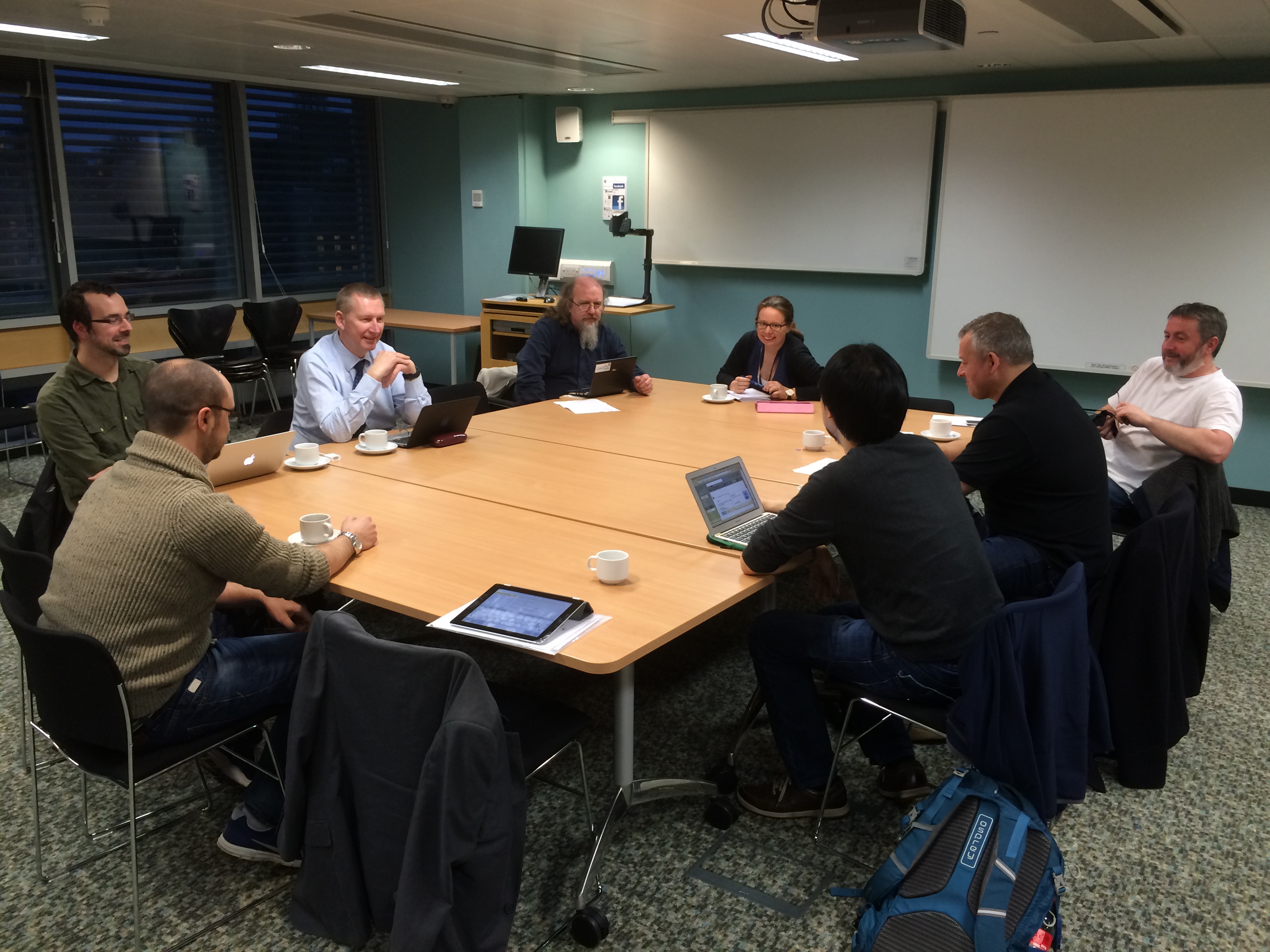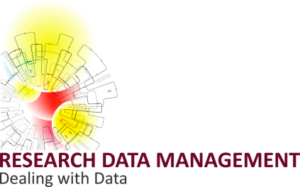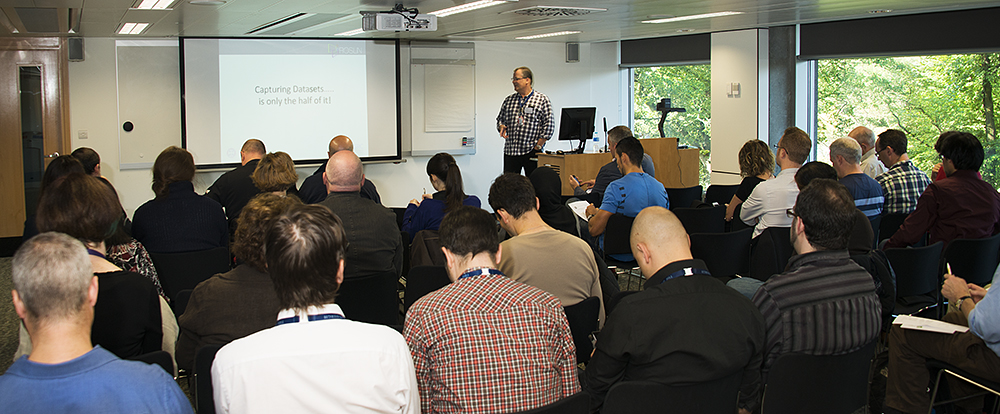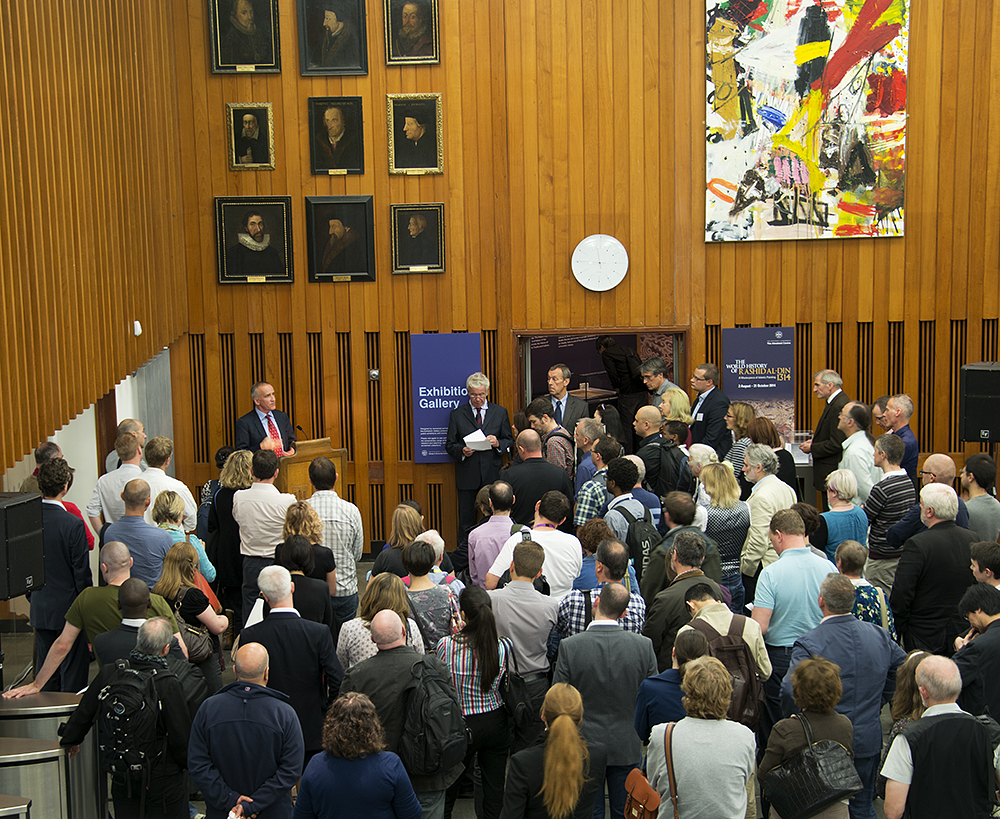In an earlier blog post (October 2013) Stuart Lewis discussed the 4 aspects of software preservation as detailed in a paper by Matthews et al, A Framework for Software Preservation, namely:
- 1. Storage: is the software stored somewhere?
- 2. Retrieval: can the software be retrieved from wherever it is stored?
- 3. Reconstruction: can the software be reconstructed (executed)?
- 4. Replay: when executed, does the software produce the same results as it did originally?
It is with these thoughts in mind that colleagues (1 December 2014) from across IS (Applications Division, EDINA, Research and Learning Services, DCC, IT Infrastructure) met with Neil Chue Hong (Director of the Software Sustainability Institute) (SSI) to discuss how the University of Edinburgh could move forward on the thorny issue of software preservation.
The take home message agreed by all at the meeting was that it will be easier to look after software in the future if software is managed well just now.
In terms of progressing thinking in this regard there were more questions than answers.
Matters to investigate include:
- defining what we mean by research software: a spectrum from single R analysis scripts through to large software platforms
- capturing descriptions of locally created research software products in the Pure Data Asset Registry
- understanding the number of local research projects that are creating software
- creating high-level guidance around software development and licensing (with links to SSI and OSS Watch)
- providing skills and training for early carrer researchers (such as through the Software Carpentry initiative)
- tools to measure software uptake/usage in local research
- institutional use of GitLab and other software development tools
- ascertaining instances and spend on GitHub across the University
“It’s impossible to conduct research without software, say 7 out of 10 UK researchers” or so says an SSI report surveying software generation as part of the research process in Russell Group institutions. Published in Times Higher Education (THE) the report and data that underpins the report are now available.
Much food for thought and further discussion!
Stuart Macdonald
RDM Service Coordinator




